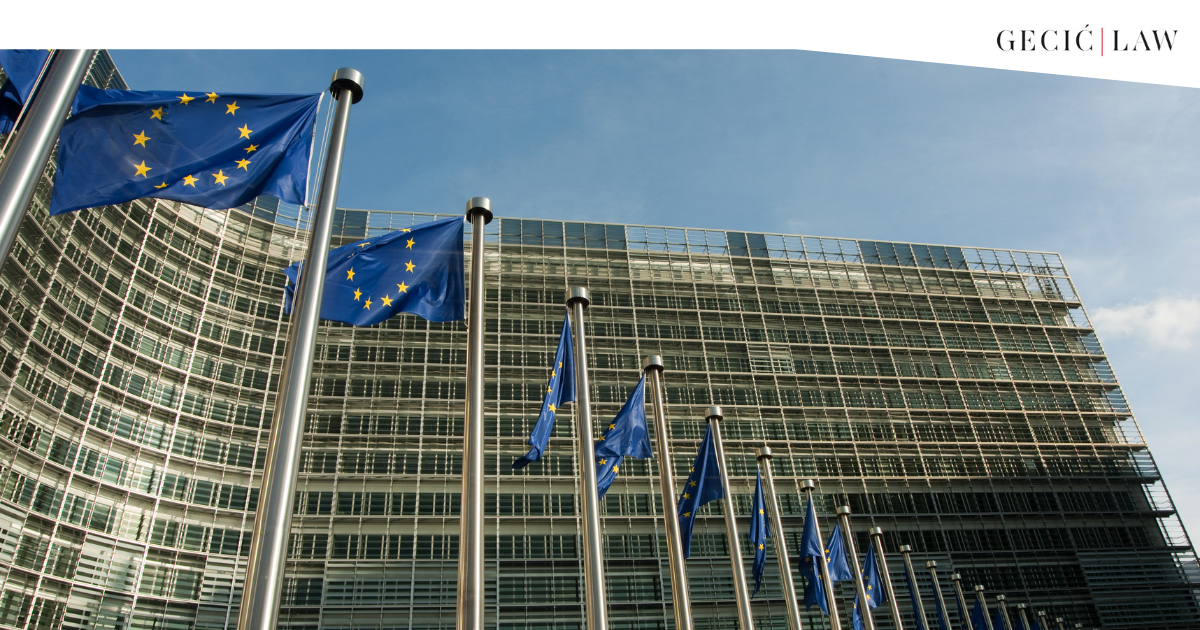

In January 2018, the European Commission (Commission) imposed on Qualcomm, a US chipsets company, a fine of close to €1 billion for abuse of dominance from February 2011 to September 2016. The Commission found the company liable for prompting Apple to conclude agreements with incentive payments and make it exclusively bound by Qualcomm’s LTE chipsets to be incorporated into their devices. This had, ultimately, led to anticompetitive effects on the relevant market. Qualcomm challenged the decision which was annulled in its entirety on June 15, 2022, by the General Court of the EU (Court) for two reasons – procedural irregularities infringing Qualcomm’s right of defense and lack of proven foreclosure effects caused by Qualcomm.
First, as laid down by the Court, procedural irregularities arose already when the Commission started assembling the case file. It was the Commission’s responsibility, that it failed to adhere to, to record the precise content of all interviews conducted (meetings and conference calls with third parties included) while gathering information in the subject investigation. Furthermore, in the circumstances where the final decision did not follow the statement of objections in its entirety, the Commission failed to provide Qualcomm with the right to be heard and the opportunity to adapt its economic analysis to properly challenge the Commission’s stance.
Second, the Court considered whether, in the respective period, Qualcomm’s exclusivity payments were capable of reducing Apple’s incentives to switch to another competing supplier of Qualcomm’s for all of Apple’s LTE chipset demand for both iPhones and iPads. It concluded that in both cases the Commission failed to take into consideration factual circumstances.
What is more, for iPhones it failed to recognize that Apple had no technical alternatives to the LTE chipsets at issue, whereas, for iPads planned to be released in 2014 and 2015, the Court observed that the Commission was wrong to assume that a specific analysis could suffice to support the Commission’s findings on Qualcomm’s wrongdoings and make up for the lack of its own scrutiny of factual circumstances. On top of that, the Commission did not even provide for such an analysis.
Both conclusions, one regarding the procedural aspect and the other regarding the competition infringement aspect, will be welcomed by the giant corporations that have recently been hit with multibillion-euro antitrust fines from the European Union.
On another note, the decision will greatly impact the National Competition Authorities (NCAs) in the domain of documenting every action and being more transparent throughout the proceedings.
Moreover, most of the NCAs, similarly to the Commission are entitled to levy the hefty fines and the Qualcomm decision might change that to quite an extent, which we have covered in our publications. Finally, protecting the human rights of individuals and undertakings under the auspice of the ECHR will finally deserve its place in antitrust practices that foster a free market and competition.